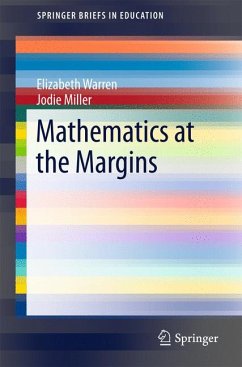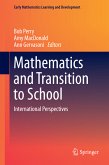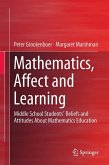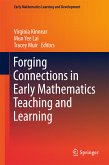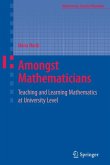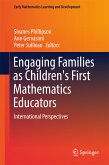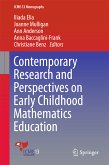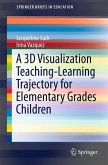This book reports the impact a four-year longitudinal study (Representations, Oral Language and Engagement in Mathematics (RoleM)) had on teachers and students from 16 schools in disadvantaged contexts. It offers theories with regard to the interplay between teaching and learning mathematics as teachers and students in these contexts implement a mathematics program. The data are longitudinal, drawn from 154 teachers and their students (up to 1738 students) from the first four years of school (Foundation to Year 3). To ascertain the effectiveness of the RoleM Professional Learning model, teachers were interviewed three times a year and pre and post-tests were administered to students at the beginning and end of each year. Students' results indicated that all students' understanding of mathematics improved significantly, with the ESL students showing the greatest gains. Their results matched the norm-referenced expectations for all Australian students of this age. This book shares the journey of these teachers, Indigenous teacher aides and students. It outlines the dimensions of the research findings that supported teachers to become effective teachers of mathematics and assisted students in becoming successful learners of mathematics. The book also draws on the expertise of researchers from both Canada and New Zealand. They share the similarities and the differences between RoleM findings and their own contexts, in order to draw general conclusions for the effective teaching and learning of mathematics at the margins of society.
Dieser Download kann aus rechtlichen Gründen nur mit Rechnungsadresse in A, B, BG, CY, CZ, D, DK, EW, E, FIN, F, GR, HR, H, IRL, I, LT, L, LR, M, NL, PL, P, R, S, SLO, SK ausgeliefert werden.

